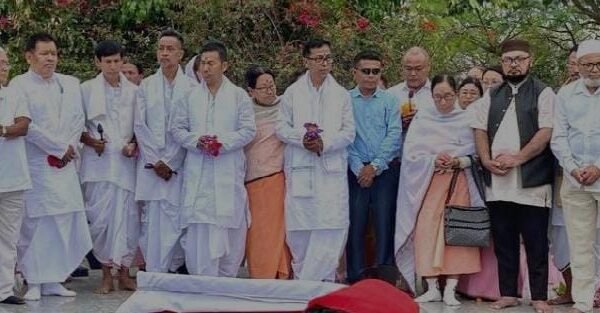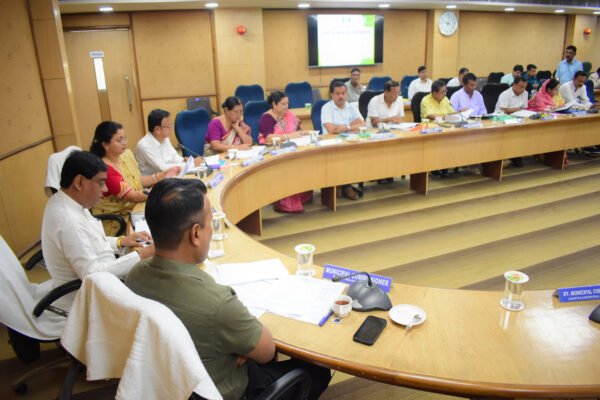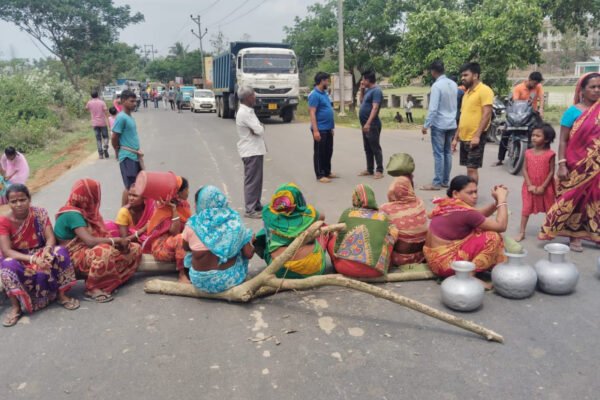Agartala, March 15, 2024: A comprehensive three-day regional review meeting, part of the National Vector-Borne Disease Control Programme, was held from March 14 to March 16 in Tripura. The meeting, which included representatives from seven northeastern states and additional states such as Orissa, Jharkhand, and Chhattisgarh, was inaugurated at Pragna Bhavan in Agartala by LS Changsan, the Additional Secretary of the Union Ministry of Health and Family Welfare and the Mission Director of the National Health Mission.
The focus of the meeting was to discuss and review strategies for combating insect-borne diseases, with a special emphasis on making Tripura a malaria-free state by 2027. Rajeib Majhi, Joint Secretary of the National Vector-Borne Diseases Division, detailed the initiatives and progress in a press conference at Pragya Bhavan. The meeting addressed the prevalence of diseases such as malaria, dengue, chikungunya, and Japanese encephalitis, while noting that black fever and lymphatic filariasis have not been transmitted in Tripura.
LS Changsan underscored the importance of timely health service delivery and engaged with Community Health Officers, Asha workers, and facilitators. On March 15, Majhi visited the Agartala Government Medical College, the Geriatric Department of GB Hospital, and the Atal Bihari Vajpayee Regional Cancer Hospital, interacting with patients and assessing the facilities.
A prior review meeting chaired by LS Changsan on March 13 at Civil Secretariat, Agartala set the stage for the regional meeting, with discussions on various State Health and Family Welfare Department projects. The meeting’s agenda included the ambitious goal of declaring Tripura malaria-free by 2027, a target supported by the National Vector-Borne Disease Control Programme. Binoy Bhushan Das, Joint Mission Officer of the National Health Mission Tripura, highlighted the challenges in Dhalai district, where malaria is most prevalent, and outlined plans for a delegation visit to strategize with the District Magistrate.
The meeting also emphasized the role of ASHA workers in conducting house-to-house visits in tribal areas, where malaria incidence is high, to provide 14-day treatments for those testing positive. Scanning and surveillance efforts are being intensified to curb the spread of these diseases. The press conference also featured Dr Nupur Debbarma, Member Secretary of the State Health and Family Welfare Association, who contributed to the discussions on the state’s health initiatives.









